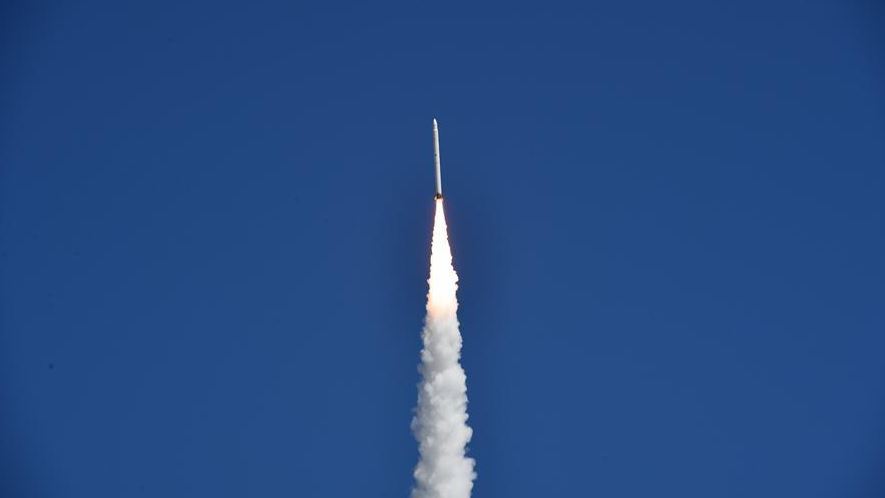×
The Standard e-Paper
Stay Informed, Even Offline

A Chinese government space agency successfully launched on Saturday its first rocket meant for commercial use, state television CCTV reported, as firms in the country compete to join a commercial satellite boom.
Smart Dragon-1 rocket, which weighs 23 tonnes and was developed by a unit of China Aerospace Science and Technology Corporation (CASC), successfully delivered three satellites into orbit after a launch in Jiuquan, Gansu, CCTV said.